Ciao, Hive family!
I recently started a new series dedicated to the Bastida di Sorres, a Medieval festival which celebrates a famous battle fought in Sardinia around 1334. In the first episode, I introduced you this event with a historical background, then I showed you the Medieval encampment.
Today, I'm going to present you two characters that touched my heart in different ways: a Falconer and a Spanish Nun who lived in the XVI century. Both of them are related to the pictures I showed you some moments ago.
I hope you will appreciate this travel back in time!
The falconer
Falconry is the hunting of wild animals by using a trained bird of prey. Its history is very ancient, since it started in Mesopotamia about 4000 years ago. It was also a common practice between Arabs, Turkish and Mongols.
During the Middle Ages, it also became very popular in all the European courts, where it represented an exotic sport, a form of art and a status symbol for the aristocracy.
It was partially abandoned when the improvement of firearms gave the nobles an easier way to practice hunting, in particular around XVIII century.
Night birds
This magnificent snowy owl is definitely my favorite. If you are into Harry Potter's universe, you definitely recognize this animal and probably love it as much as I do!
Those eyes...
Watching her, I felt like a child. She remained around just for a little time, because the falconer didn't want her to suffer for the sunlight; but in those few minutes, the public was hypnotized.
...well, maybe not all of us. Maybe someone was scared! 😂
Barn owls, for me, are incredibly adorable.
I often see them around my house, since I live in the countryside; sometimes, it also happened to me and my family to find some of them injured and have to treat them. This gave me a chance to get to know them better, and to feel a lot of empathy in their regards.
In general, all nocturnal animals fascinate me a lot.
These animals, so small and very light, have two superpowers in particular: in addition to an excellent hearing, their flight is so silent that their preys have no chances to hear them coming.
Daytime birds
Harris Hawks are the most used in falconry because they learn very fast and, for some reason, they tend to develop an incredibly deep relationship with "their human", loving him so much that they can't detach from him and follow him anywhere.
This particular hawk, named Flint, has a bittersweet story.
He was born in nature and used to live free, but once, landing on some cables of high voltage, he took the shock. Some men passers-by managed to save his life, but he lost some of his fingers. Luckily, he fully recovered his health and, thank to the falconer, he found human love and a second chance of life.
Last, but not least, the vulture.
This was the greatest bird of the day. The falconer gave us an explanation of his qualities: despite his physical abilities, since he mostly eats dead animals, he has a very thin and curved beak, perfect for creeping into the flesh like a scalpel.
Look how impressive it is!
The falconer offered us a demonstration of this capacity.
The game consisted in hiding a slice of dried meat in the clenched fist of a volunteer. Other two volunteers were present, but their hands were empty. The vulture immediately smelled the meat and, as soon as the falconer gave him a sign, he flew towards the correct target, laying on the woman's forearm and finding very quickly the meat hidden inside her fist. He pulled it out and devoured it in a second, so fast that I didn't even manage to take a picture.
An easy question (and a short answer) about falconry
After this day, I started to get some information about the world of falconry. I wanted to have a personal opinion, since I am very sensitive to the issue of animal abuse.
Is falconry harmful to animals?
In a few words, there is a kind of healthy falconry, a practice halfway between art and sport that refines the relationship between man and bird and, in some cases, really saves the animal, like in the case of the poor Flint. Almost always, these animals are born in captivity.
Besides this, there is a clandestine falconry which is rather like a form of poaching, of illegal hunting, due to the fact that the sale of these animals can be extremely profitable: these ruthless people prefer wild animals because their predatory instinct is much more refined.This is sadly accelerating the extinction of some wild species, like the Bonelli's eagle.
So, as always... it depends.
Secrets of a Spanish Nun
As a part of the festival, I had the chance to visit the library of the monastery.
In this library there is also a very important laboratory of restoration of ancient books. It is managed by the monks themselves: they punctually intervene in support of museums, archaeologists, public archives or private collectors in case of damaged books.
When I entered the laboratory, I expected to see the books and nothing more: instead, we were left free to touch these books at will, smell them, keep them in hands, even leaf throught them! 😦
Orlando Furioso is definitely one of the most important Italian epic poems in XVI century. Written in 1516, this work is directly inspired by the Chanson de Roland (Song of Roland), the oldest surviving major work of French literature. Roland was a Frankish knight in the court of the king Charlemagne, dead heroically during the battle of Roncevaux Pass in 778.
In this Italian masterpiece, Orlando goes mad for love finding out that the woman he is in love with, the pagan princess Angelica, has fled to China with an injured Saracen soldier. In order to recover Orlando's mental health, the English knight Astolfo travels to the Moon riding a hippogriff.
The Moon is where everything lost on Earth is to be found, and, indeed, Astolfo manages to find Orlando's wits. He brings them back in a bottle and makes Orlando sniff them, curing his madness.
After all, the author says, isn’t love itself a form of insanity?
In the following pictures, you can see political, philosophical and religious books dating back to different periods, between 1588 and 1738. Most of them are written in Latin, but there is also space for Italian and for Spanish, official language in schools and courts when Sardinia belonged to the Spanish kingdom.
All of these books were impressive for some reason, and I spent many minutes exploring them. But the best still needed to come.
A beautiful, intimate secret
At a certain point, I found a little notebook. It clearly wasn't a real book, and indeed none of the visitors was paying attention to it.
So, I took it... and what I found was beyond all expectations.
This little notebook belonged to a Spanish nun.
She arrived to Sardinia as a very young woman some years after the definitive conquest of the island, in the XVI century. I tried many times to imagine her feelings at the moment of her transfer to this island.
Was she happy?
Did she ever have a choice?
Did she do something wrong in her native city?
Did they send her abroad to punish her?
Stories like these are very common in historical novels, but unfortunately we will never know the truth about her life. And it's now impossible to find out who she really was, the date and the circumstances of her death, and if she spent her whole life here.
All we know is that, at a certain point of her life, she started writing poetries on a notebook. And this notebook survived along an endless time, lost in some dusty archive for centuries and centuries, while the world and history were going on.
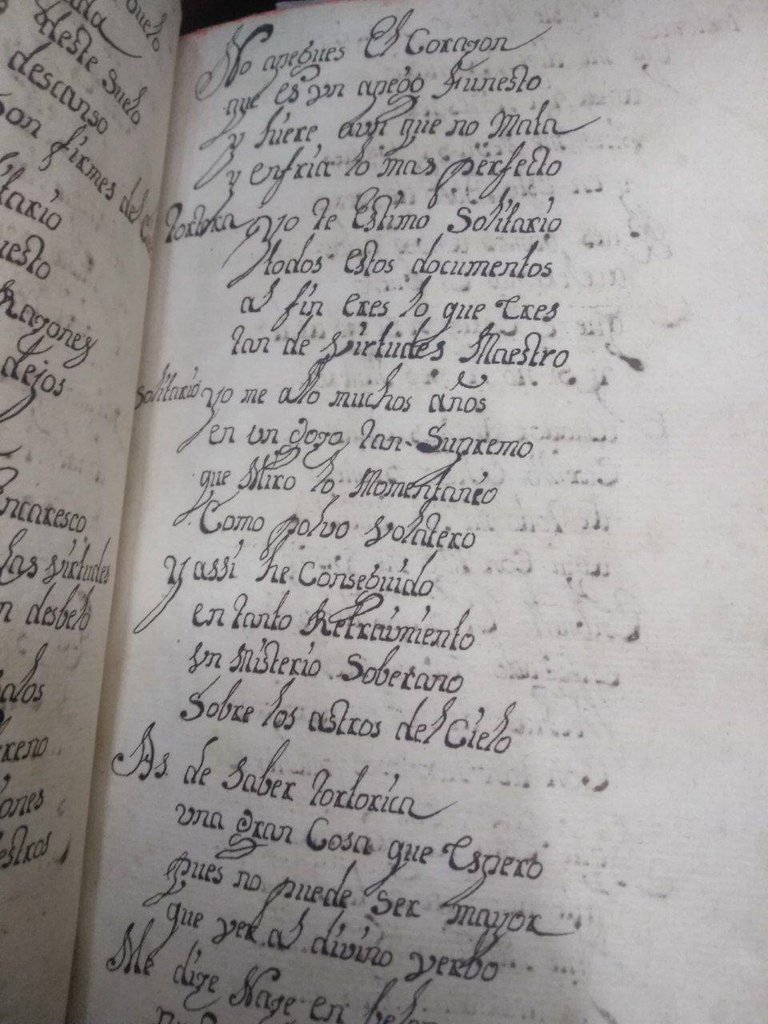
This notebook is my favorite because it's personal, intimate, authentic. It tells something about a person that you will never find in a history book.
She was just a young Spanish nun lived in the XVI century: but her words and her rhymes managed to survive, even after half a millennium. They mocked time itself, overcoming the English, American and French Revolutions, the rise and the fall of Napoleon and the two World Wars, the plague, the land on the Moon, the advent of the Internet.
Just a little trace of her unique passage in this world...
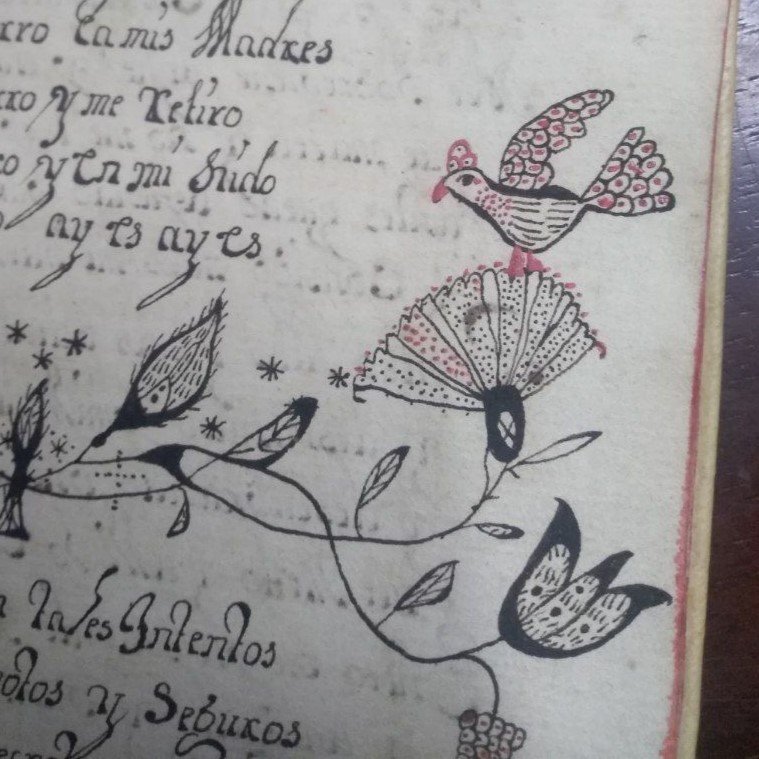
I hope I’ve managed to convey some of the wonder, the tenderness and the magic that I felt in that moment, leafing through these pages, or at least just a little food for thought.
That would be enough for me.
Thank you for your attention, your time and your company!
Alessandro
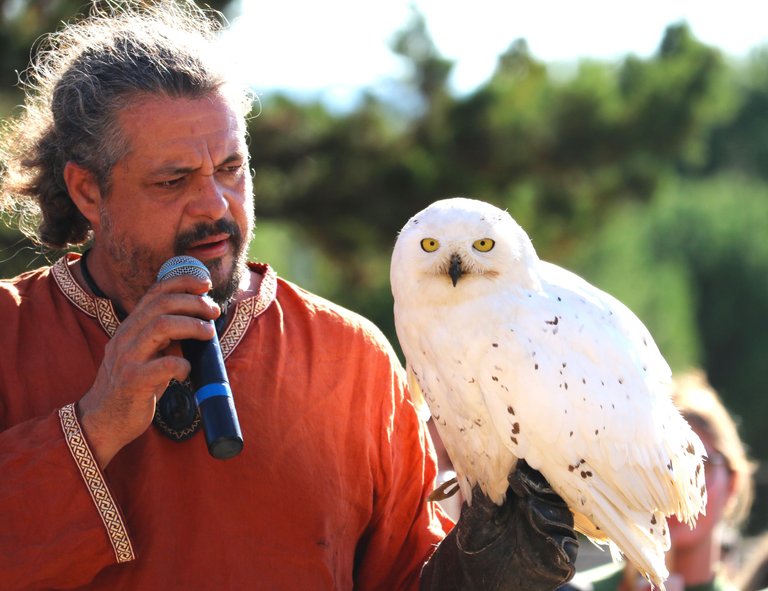
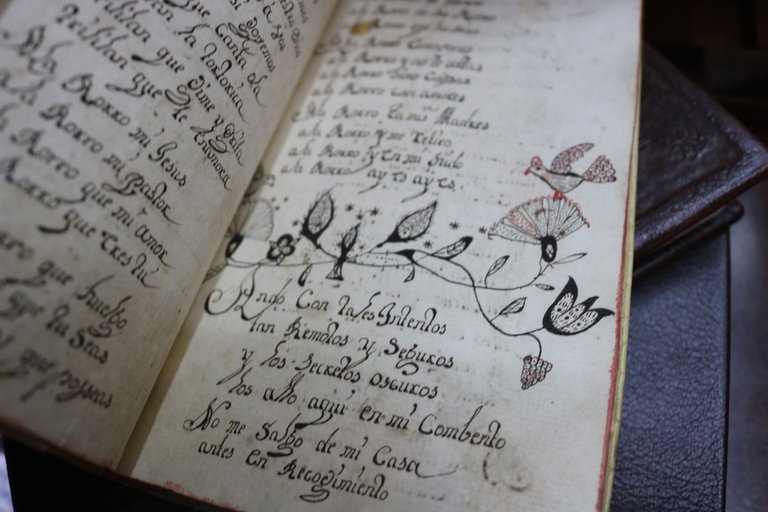
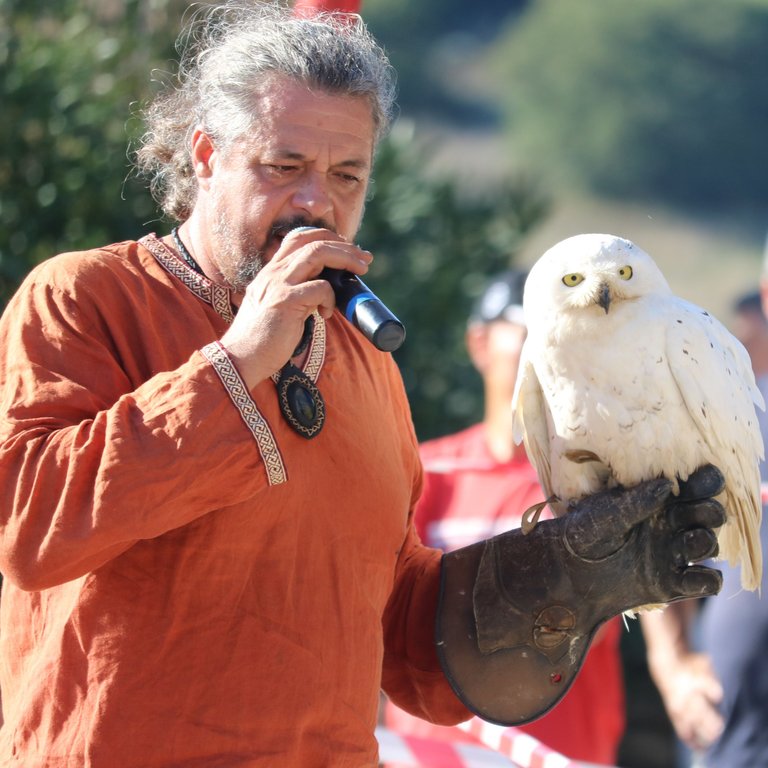
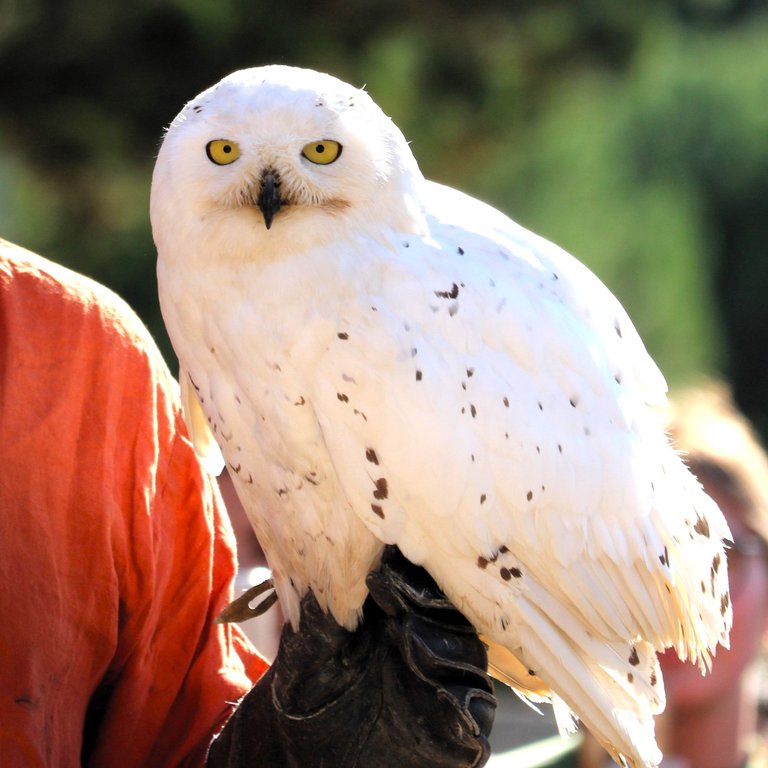
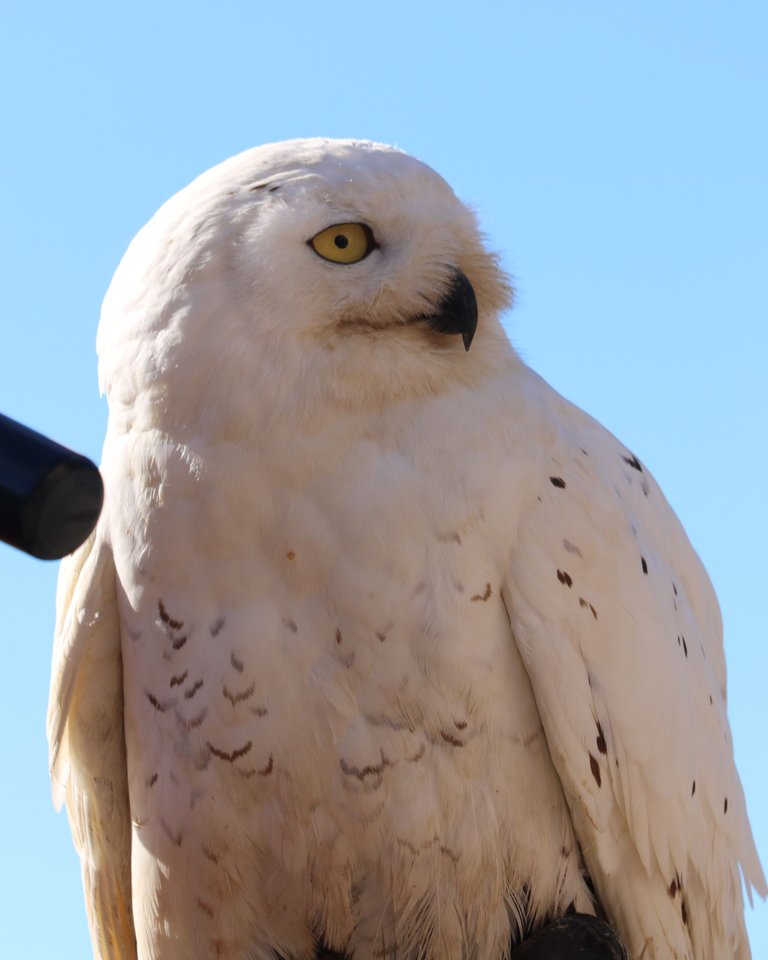
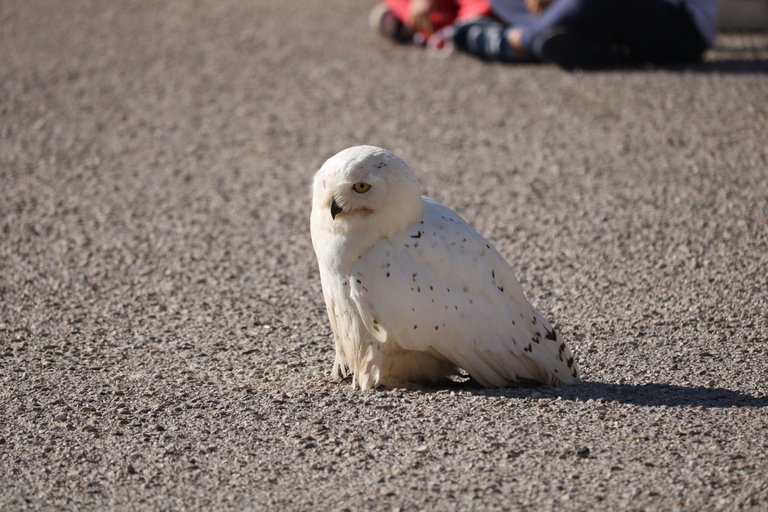
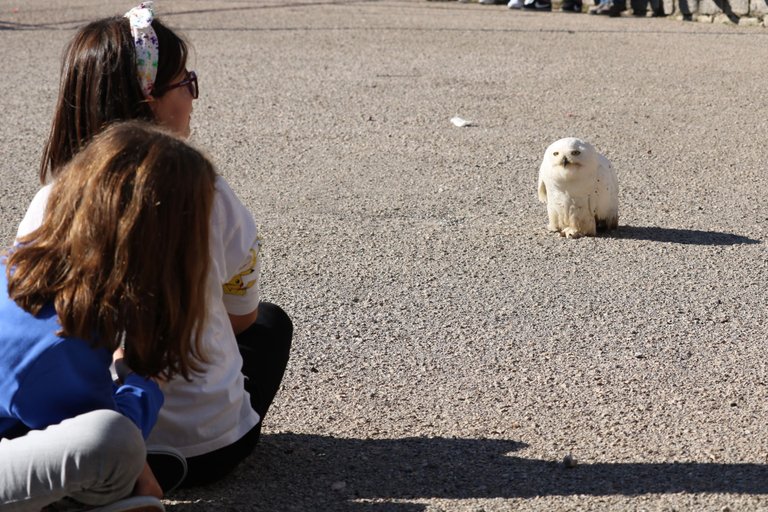
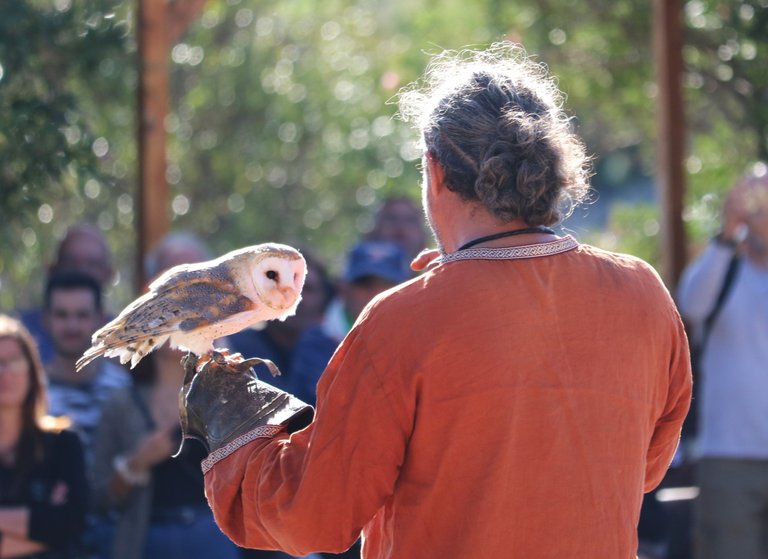
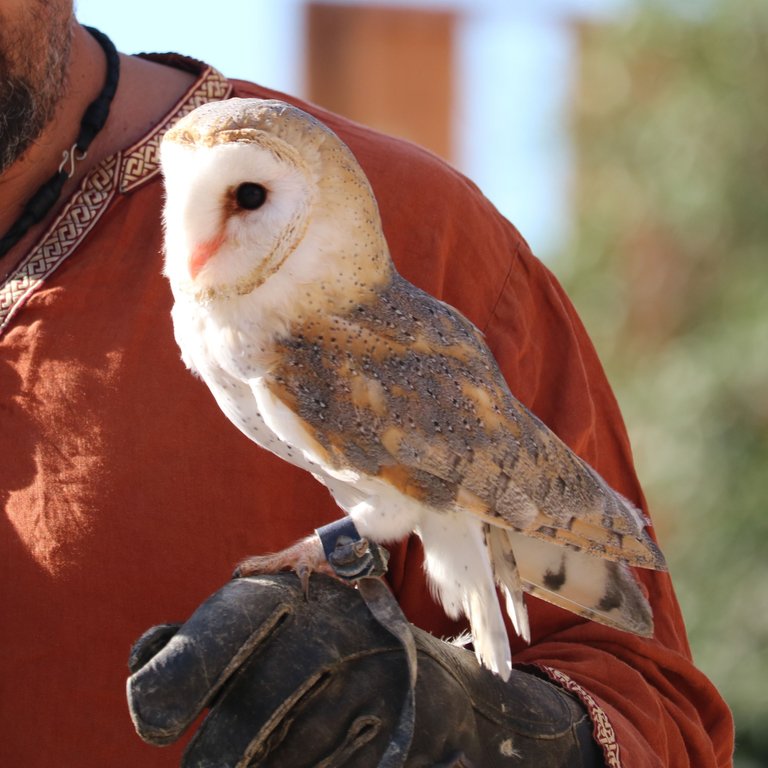
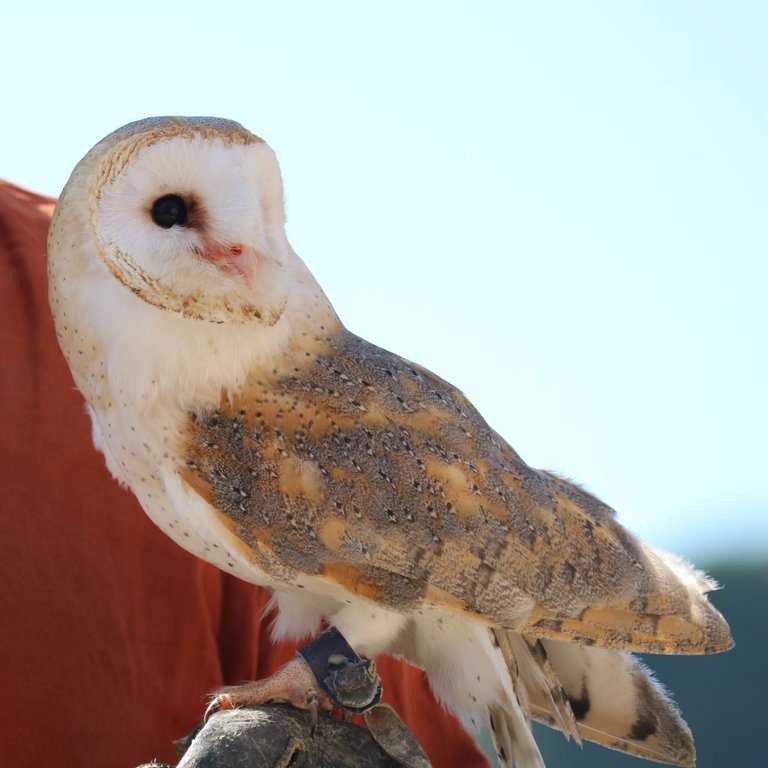
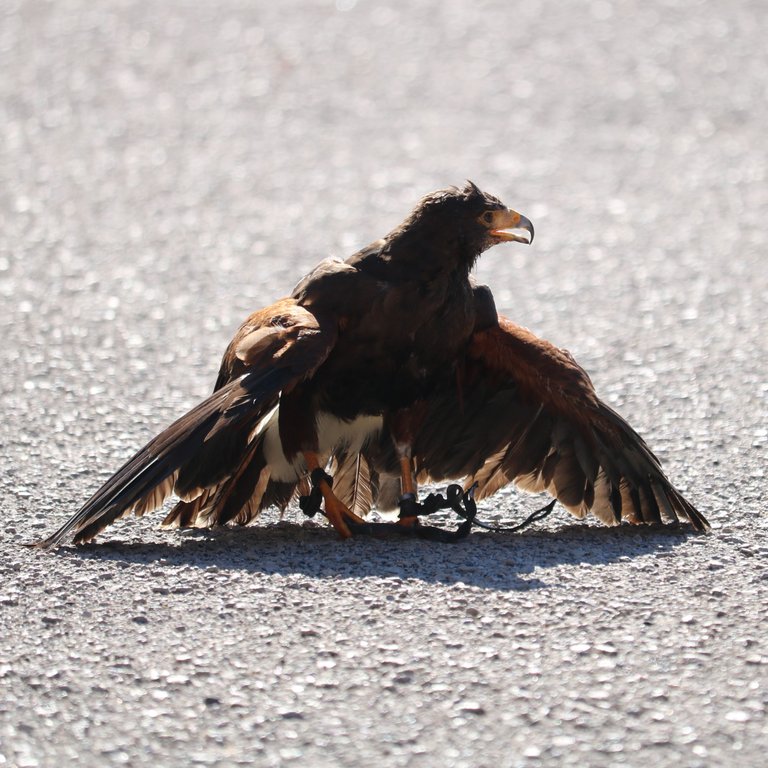
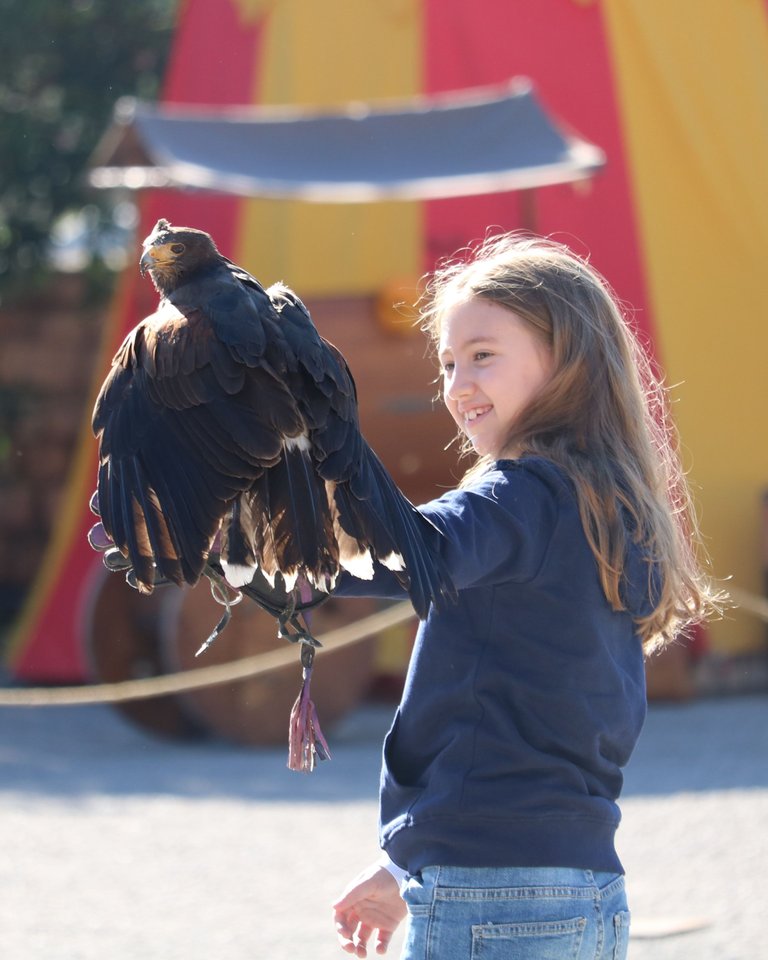
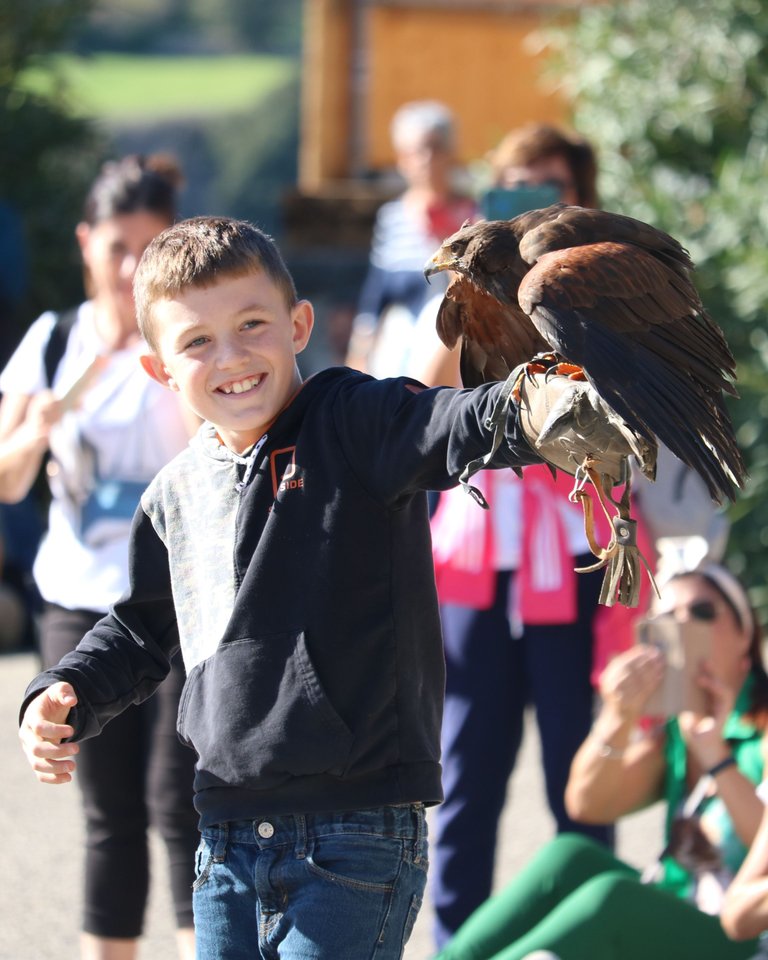
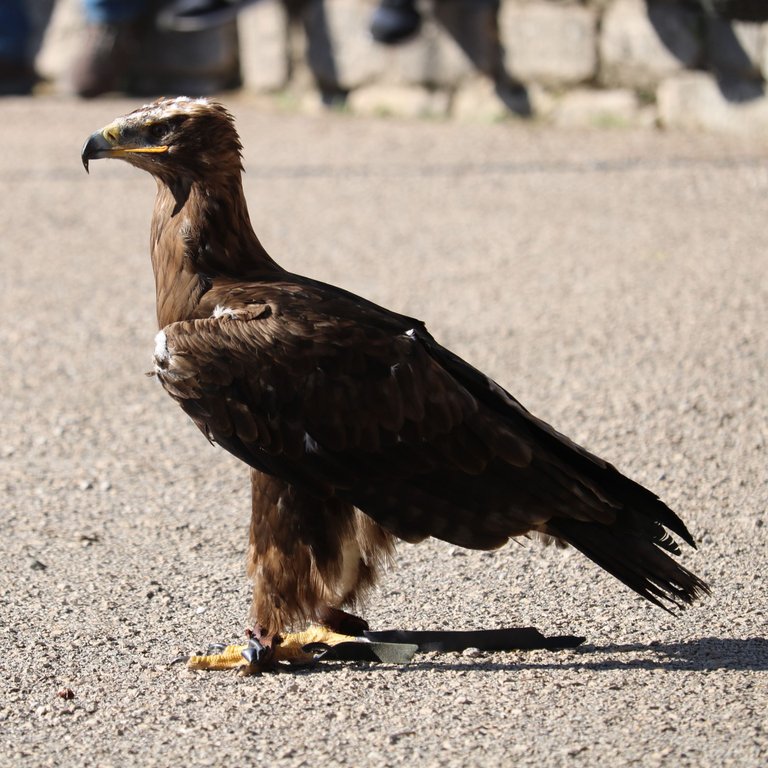
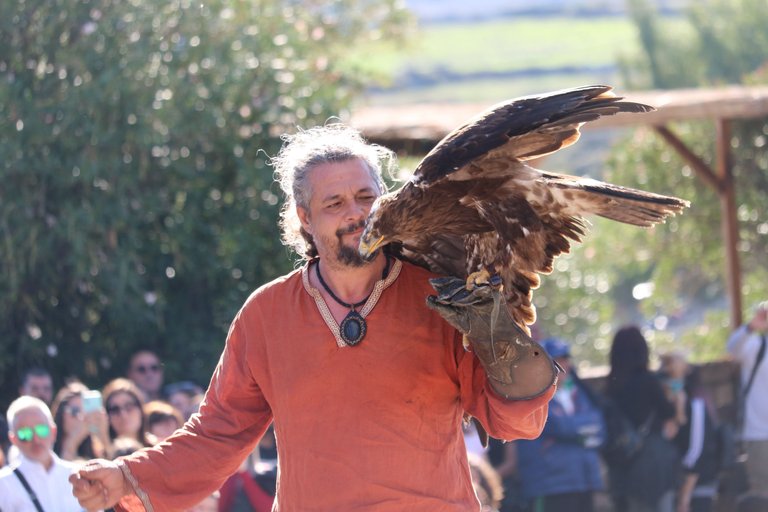
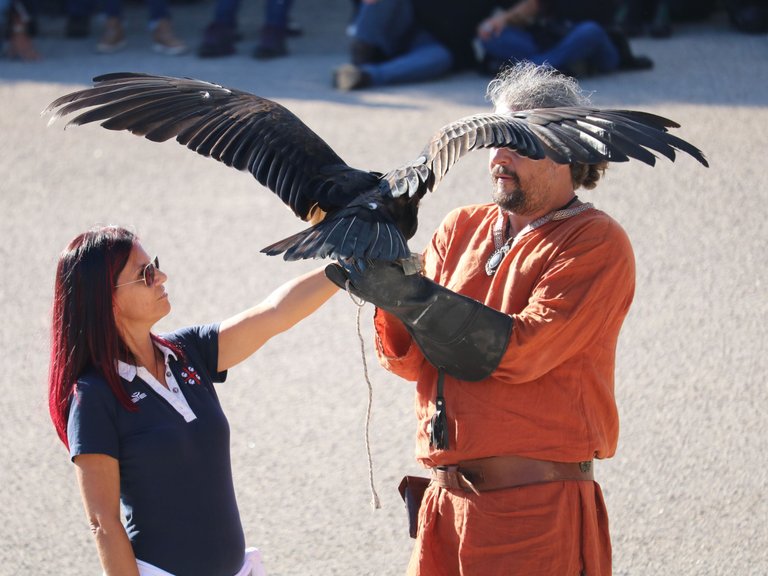
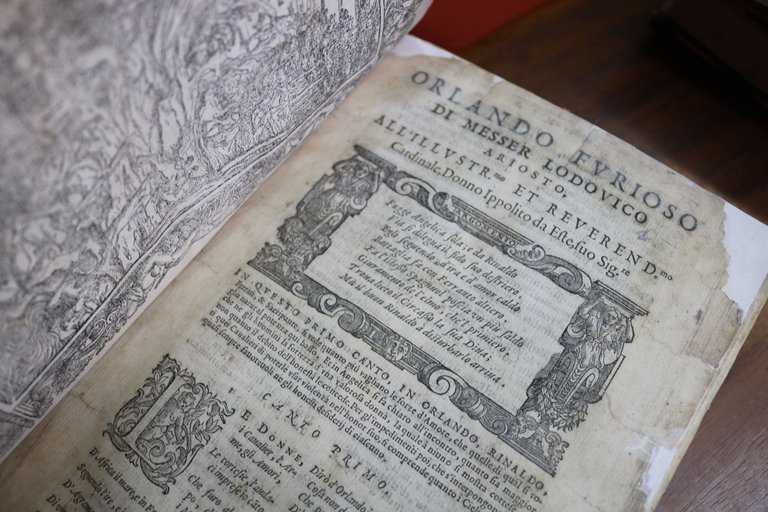
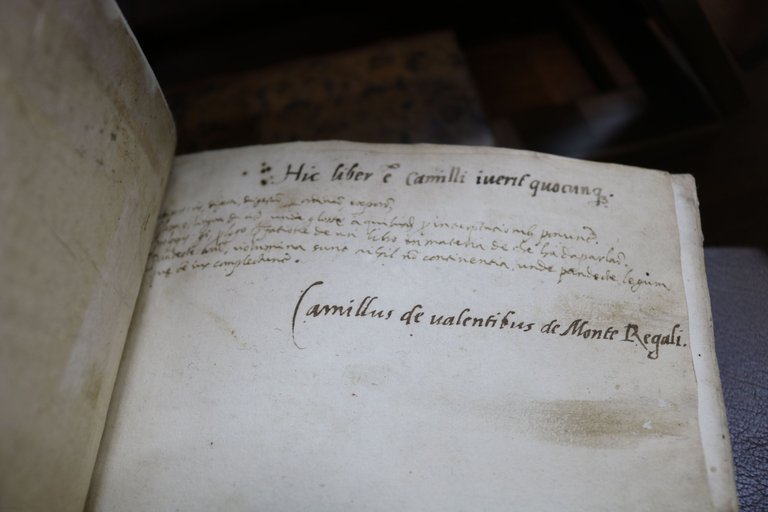
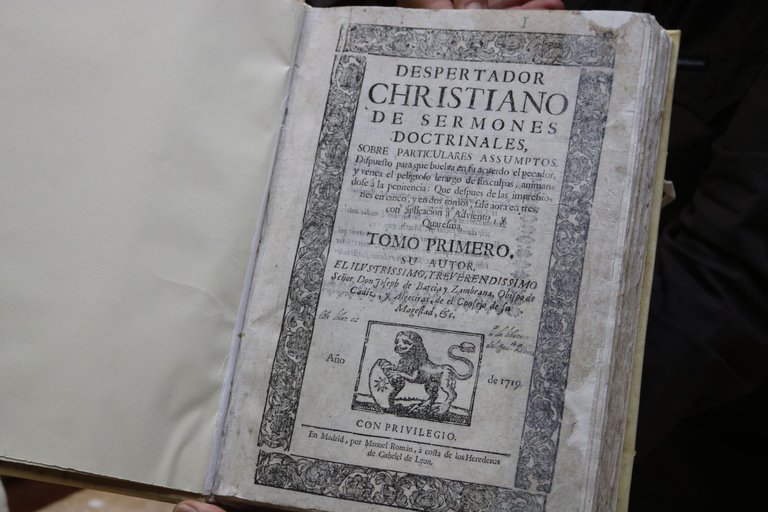
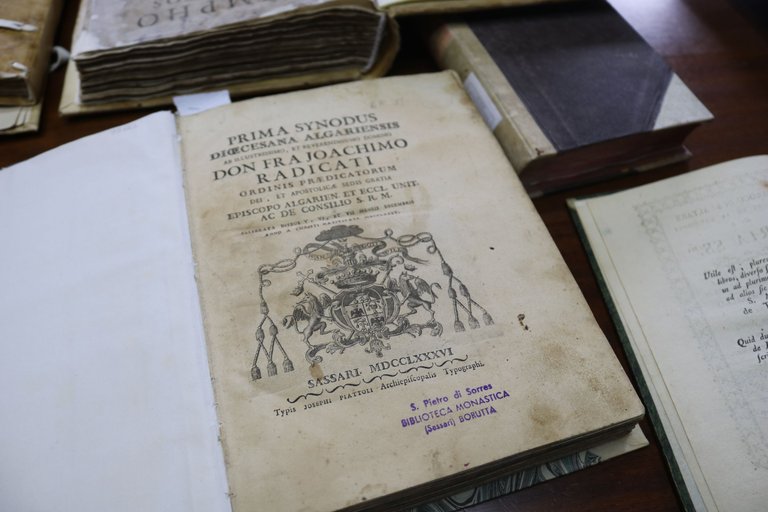
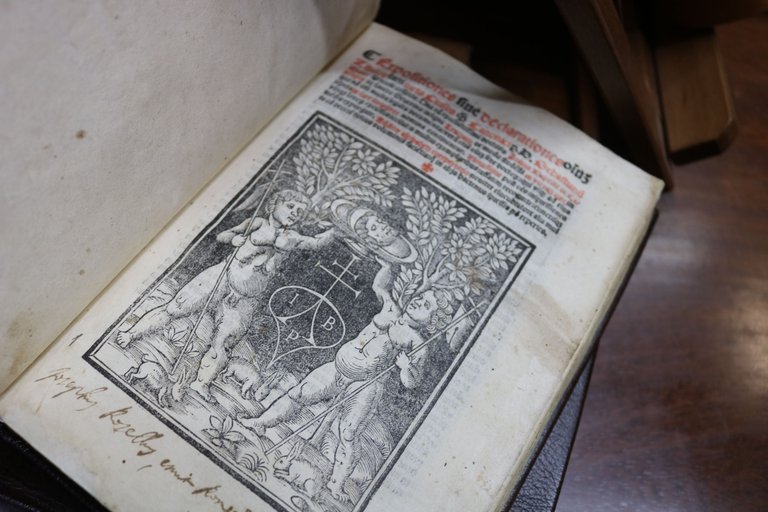
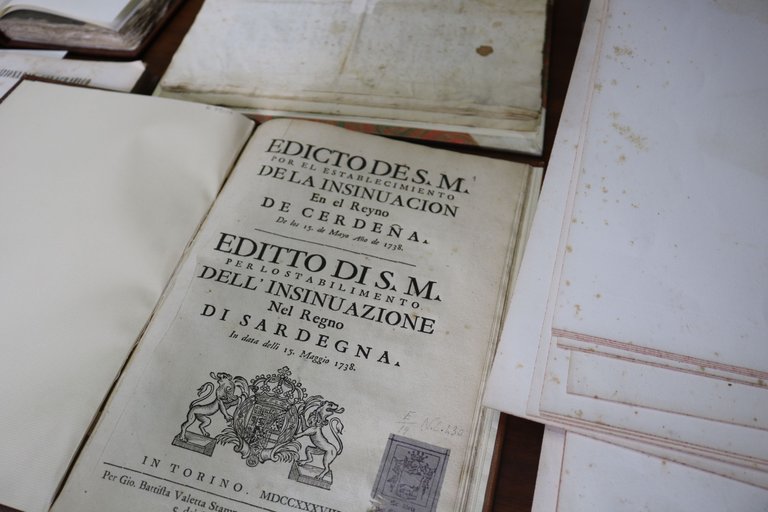
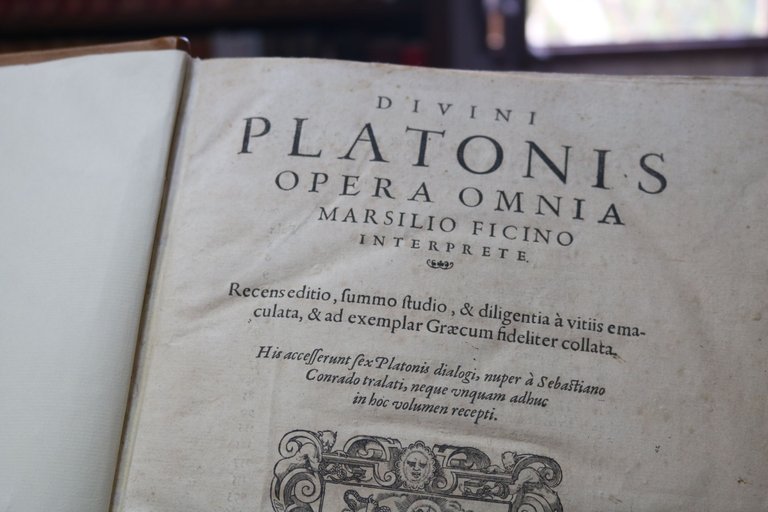
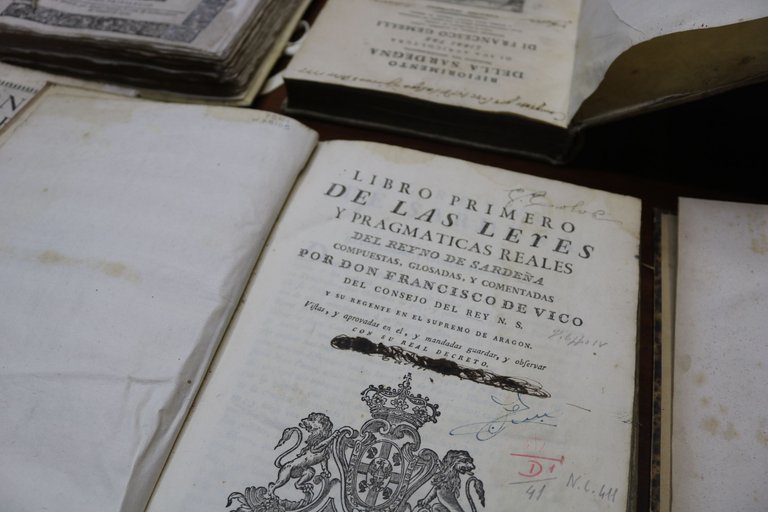
!ALIVE
!LOL
!PGM
!PIZZAGreat post, I want to reread it after I finish work, I !LUV some good history and @consciouscat will enjoy seeing those strong and beautiful birds.
Ah! Yes! I do appreciate these beautiful, strong birds. !LUV
Thank you :)
That notebook of the nun is such a unique find! I can imagine that it might have been the highlight of your day! It sounds beautiful!
Yes. I was a bit shocked in the first days.
I'd like to be able to meet her and tell her that I've read her poems, but it seems I am 500 years late 🙂
Congratulations, your post has been added to Pinmapple! 🎉🥳🍍
Did you know you have your own profile map?
And every post has their own map too!
Want to have your post on the map too?
Congratulations @alecaltab! You have completed the following achievement on the Hive blockchain And have been rewarded with New badge(s)
Your next target is to reach 7000 upvotes.
You can view your badges on your board and compare yourself to others in the Ranking
If you no longer want to receive notifications, reply to this comment with the word
STOPCheck out our last posts: